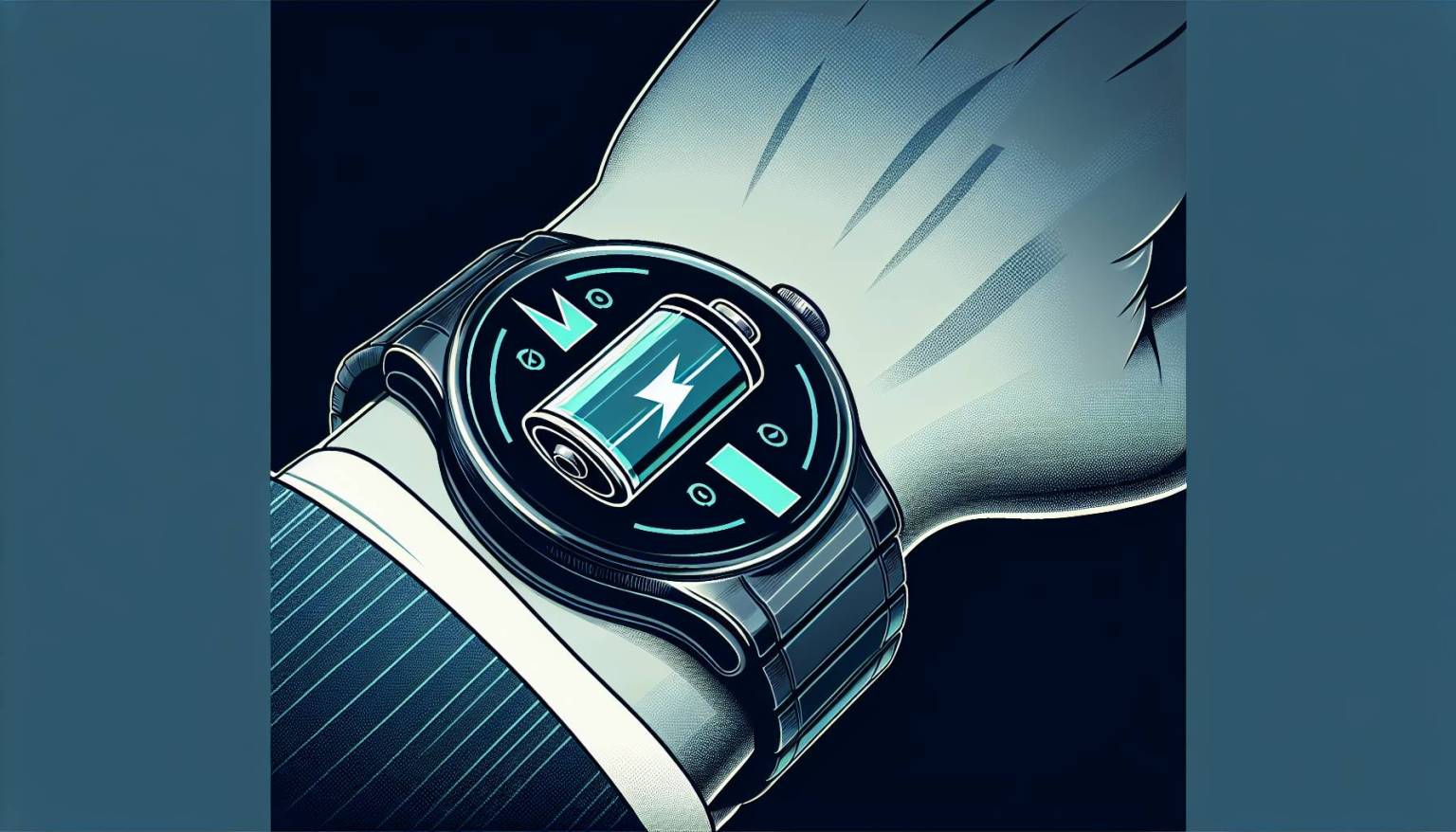Samsung’s upcoming Galaxy Watch 7 series is all set to draw inspiration from the impressive longevity of battery life seen in previous models. The technology giant is keen on significantly improving the battery life in its forthcoming smartwatch series, promoting enhanced overall performance and user-friendly experience for consumers needing longer-lasting devices.
The Galaxy Watch 5 Pro, Samsung’s only Pro smartwatch to date, despite criticism, has demonstrated Samsung’s ability to produce a smartwatch with robust battery life. Apart from its large battery capacity, it also stands out with its advanced health tracking features and unique rotating bezel for better navigation. It provides extensive customization options and easy synchronization with other Samsung devices, making it a firm favorite among users.
Expectations are high for the Galaxy Watch 7 Pro’s battery capabilities, predicting it to match or possibly exceed the Galaxy Watch 5 Pro’s standard battery capacity, which was rated at 573 mAh and 590 mAh. Knowing battery life is a significant factor for users, Samsung is focusing on bringing substantial improvements in this area with its new model.
Rumors suggest the Galaxy Watch 7 range will launch with three models, possibly including a Pro version similar to the Watch 5 Pro.
Boosting battery performance in Galaxy Watch 7
Although it’s unclear whether there will be any improvements in the battery capacities of the other two models, Samsung’s investment in improving battery optimization is clear.
The new series of smartwatches will be unveiled at Samsung’s Galaxy Unpacked event in July 2024. Speculations are already surrounding square smartwatch designs for the Galaxy Watch 7 range and the potential inclusion of Google’s Wear OS in Samsung’s future smartwatches, promising an improved user experience. Furthermore, a square design’s benefit of providing more on-screen space and clearer text reading could be a distinguishing factor for the new model. Note that these details are based on unofficial rumors and leaks hence, they remain to be confirmed at the official unveiling.
In the realm of smartwatch technology, Samsung continues its stride to develop power efficiency. The company’s exploration of a 2nd-generation 3nm SF3 node for future Exynos chips speaks to their unwavering commitment to technological innovation.

